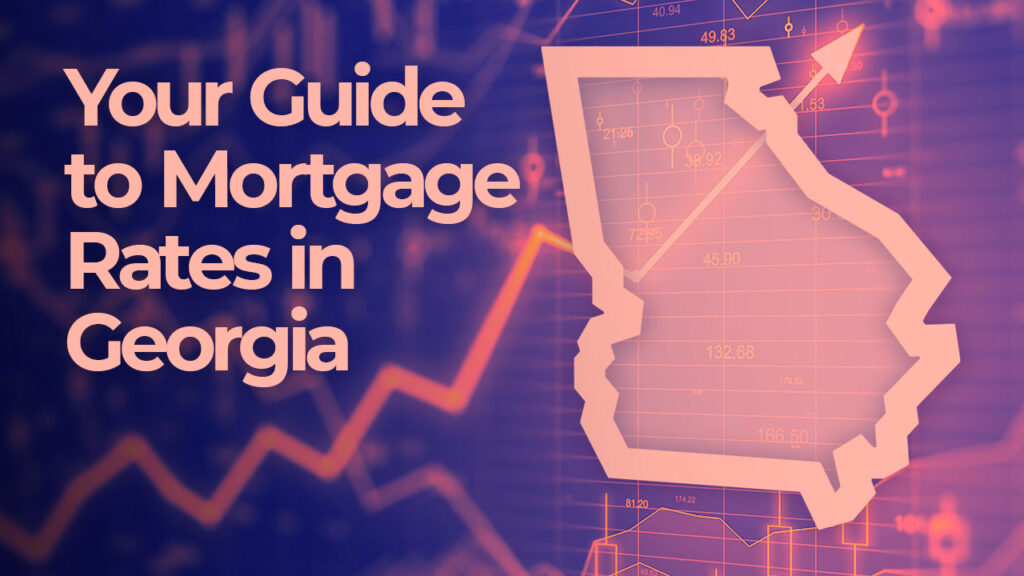Thinking about applying for a small loan? You’re not alone! Many people rely on these financial tools, but misinformation abounds. Let’s separate myth from fact and clear up some common misconceptions.
Myth 1: Small Loans Are Only for Emergencies
While small loans can certainly help navigate unexpected expenses like car repairs or medical bills, they’re also useful for planned purchases. Need a new appliance? Want to consolidate debt? A small loan can be a flexible funding source. 
Myth 2: Small Loans Have Exorbitant Interest Rates
Interest rates vary greatly depending on the lender and your creditworthiness. Some lenders offer surprisingly competitive rates. Shop around and compare offers from multiple lenders to find the best deal. A reputable comparison site can be helpful.
Myth 3: Small Loans Are Difficult to Obtain
The application process is usually straightforward. Many lenders offer quick online applications and decisions. The required documentation may include proof of income and identity. However, having a good credit score will significantly improve your chances of approval. 
Myth 4: Only People with Excellent Credit Can Qualify
While a good credit score definitely boosts your approval odds and helps you secure a lower interest rate, lenders also consider other factors, such as your income and employment history. Even those with less-than-perfect credit might qualify for a small loan. Learn more about credit scores.
Myth 5: All Small Loans Are the Same
This is far from true. Small loans come in various forms, including personal loans, payday loans, and lines of credit. Each option has its own terms, fees, and repayment schedules. Understanding these differences is crucial for making an informed decision. 
Understanding Loan Terms
Before signing any loan agreement, carefully review the terms and conditions. Pay close attention to the interest rate, fees, repayment period, and any penalties for late payments. A financial advisor can guide you.
The Importance of Budgeting
Before applying, create a realistic budget to ensure you can comfortably manage your monthly loan repayments. Check out our budgeting guide for assistance.
Responsible Borrowing Habits
Borrow only what you need and can afford to repay. Avoid taking out multiple small loans simultaneously, as this can quickly lead to debt overload. 
Comparing Loan Offers
Don’t settle for the first offer you receive. Compare interest rates, fees, and repayment terms from different lenders to ensure you get the most favorable deal. This is especially true for those with limited credit history.
Checking Your Credit Report
Reviewing your credit report before applying can help you identify and correct any errors, potentially boosting your chances of approval and securing better terms. Access your credit report here.
Reading the Fine Print
Don’t skip reading the fine print! It contains important details about fees, repayment, and penalties. Understand every aspect of the loan agreement before committing.
Considering Alternative Financing
Explore alternative financing options, such as borrowing from family or friends, or using a credit card if you have a low balance and a good interest rate. These can often be better choices than expensive short-term loans.
Managing Your Debt
Once you have a loan, track your repayments and ensure you stay on top of your schedule to avoid late payment fees. [IMAGE_5_HERE]
Building Good Credit
Good credit opens doors to better loan terms in the future. Pay your bills on time and maintain a healthy credit utilization ratio.
Protecting Yourself from Scams
Be cautious of lenders who promise unrealistically low interest rates or demand upfront fees. Legitimate lenders will be transparent about their terms and fees.
Long-Term Financial Planning
A small loan can be a useful tool, but it is important to incorporate it into a broader long-term financial strategy. This will help you to use it as a springboard for greater financial success.
Choosing the Right Lender
Select a reputable lender with a clear and transparent application process. Look for lenders with positive customer reviews and a proven track record.
Understanding Your Rights
Familiarize yourself with your consumer rights regarding small loans. This knowledge will protect you from predatory lending practices. Learn about your consumer rights.
In conclusion, small loans can be valuable financial tools when used responsibly. By understanding the facts and dispelling common myths, you can make informed decisions that support your financial well-being.
Frequently Asked Questions
What is the typical repayment period for a small loan? Repayment periods vary depending on the lender and the loan amount. They can range from a few months to several years.
How can I improve my chances of getting approved for a small loan? Maintaining a good credit score, having a stable income, and providing accurate information during the application process can significantly improve your chances.
What happens if I miss a loan payment? Missing a payment can result in late fees, a negative impact on your credit score, and potential collection actions by the lender.
Are there any fees associated with small loans? Yes, many small loans involve origination fees, late payment fees, and other potential charges. It’s crucial to understand all associated fees before you agree to a loan.
Can I use a small loan to pay off debt? Yes, consolidating high-interest debts with a small loan can sometimes save you money if you secure a lower interest rate than your existing debts.


